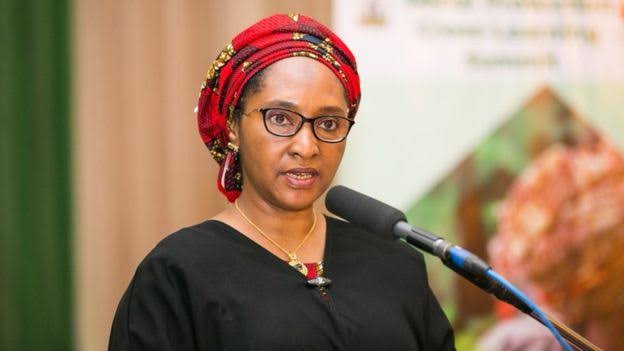
The Home Finance Department of the Ministry of Finance, Budget and National Planning has requested about $8.93million from the World Bank to procure 21 items, which included office stationery, office furniture, office supplies, office equipment, and vehicles.
The requests were made under the State Fiscal Transparency, Accountability and Sustainability (SFTAS) project, which was initiated in 2018.
The SFTAS project was designed to strengthen transparency and accountability at the sub-national level, and will end this year.
A total of $1.5billion was committed to the project in two batches of $750m (December 2018 and December 2020) by the World Bank.
Although the money is a grant to state governments, it is a loan to the Federal Government.
A copy of the procurement plan for the project covering a period from February 2019 to August 2020 was recently obtained.
The procurement plan is in line with the World Bank’s Procurement Guidelines which establish the arrangements to be made for procuring the goods and works (including related services) required for a project.
According to the procurement plan for the SFTAS project for the period disclosed by the World Bank, the Home Finance Department requested an estimated $25,713 to acquire office stationery and supplies.
There was another $33,000 request for office equipment and supplies for the SFTAS Programme Coordinating Unit.
For the furniture items, the department requested $64,190 for furnishing and equipping SFTAS Public Service Institute space; $17,000 for additional office furniture and partitioning of the STFAS office, as well as $17,250 for additional office equipment and furniture for the Debt Management Office.
The department also requested $25,000 for the procurement of video conferencing equipment for the SFTAS PCU and MiFi modems for the DMO.
However, the biggest request was for the provision of spatial data to states, which was estimated at $8m.
There was also a $291,804 request for the procurement of project vehicles for the PCU and independent verification agent.
Out of the 21 items proposed, three were cancelled, one was successfully completed, and another was under implementation. Also, four were pending implementation, and the rest were only signed as of the time the document was released in October 2022.






